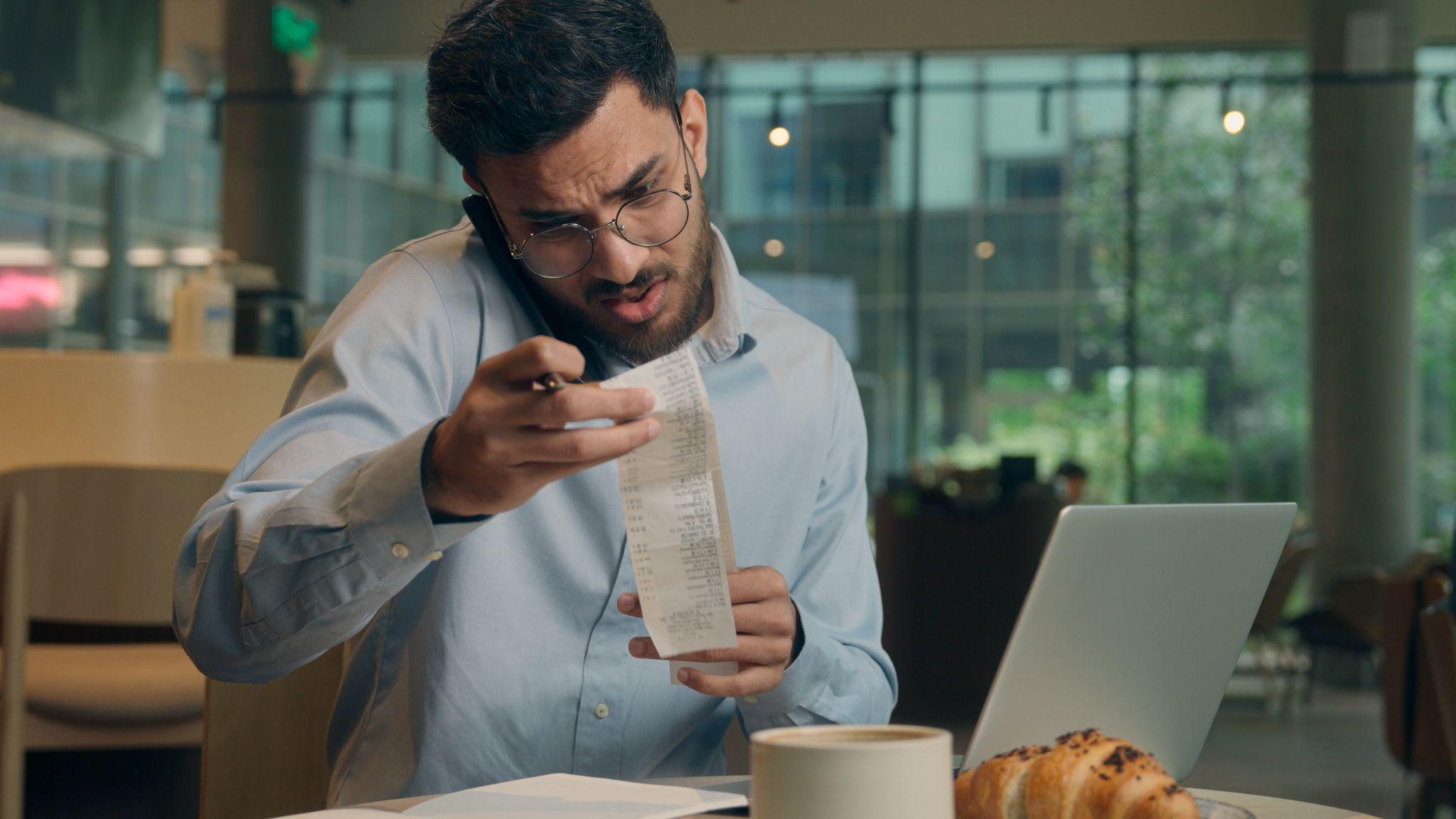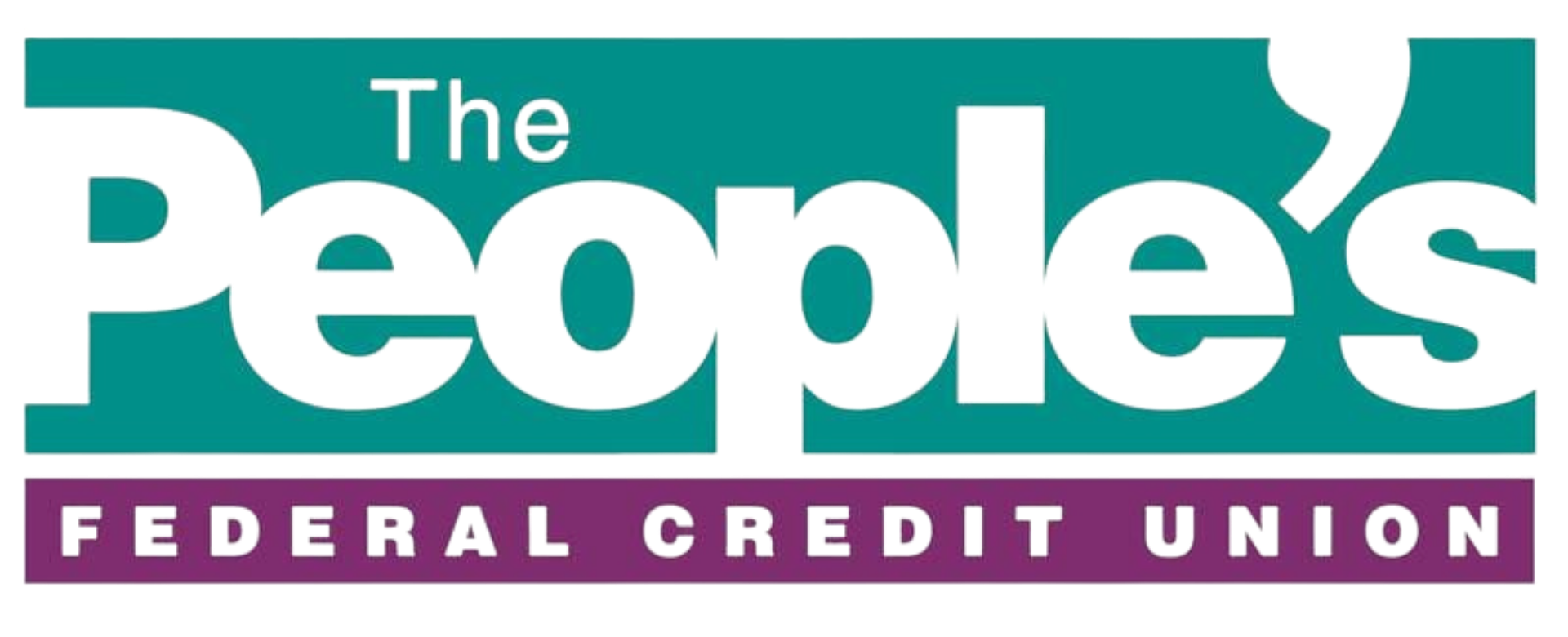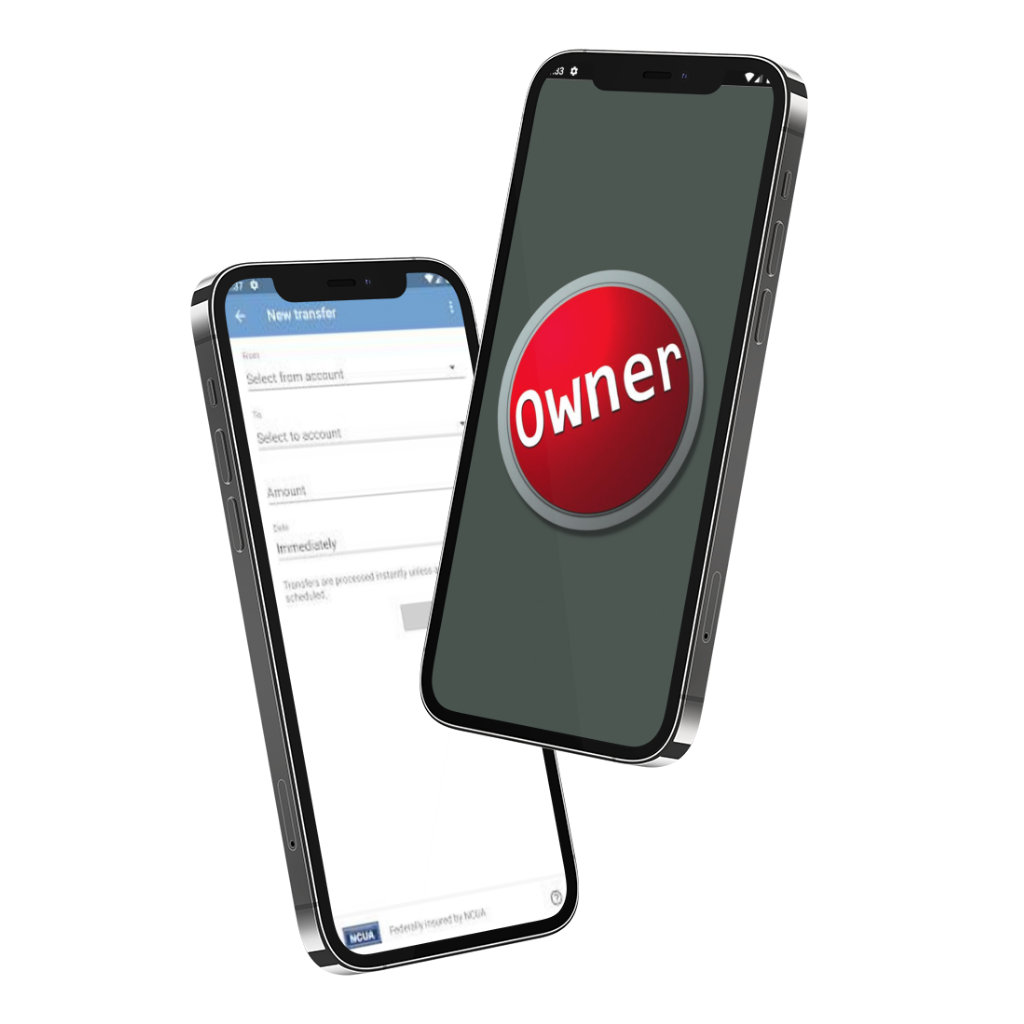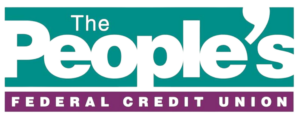Life is full of surprises, and unfortunately, not all of them are pleasant. A sudden job loss, unexpected medical bills, or urgent home repairs can throw your finances into turmoil. While financial emergencies are stressful, taking the right steps can help you regain control and minimize long-term impact.
Here’s a step-by-step guide to help you navigate tough financial times while also preparing for the future.
What Is a Financial Emergency?
A financial emergency is any unexpected expense or sudden loss of income that makes it difficult to cover essential costs. These situations often require immediate attention and can create significant stress if you’re not financially prepared.
Common financial emergencies include job loss, unexpected medical bills, urgent car or home repairs, and unforeseen legal expenses. While some financial challenges can be anticipated, true emergencies are often unavoidable.
What Should You Do If You’re Experiencing a Financial Emergency?
Step 1: Stay Calm and Assess the Situation
Panic can cloud your judgment and make financial problems worse. Instead of reacting emotionally, pause, take a deep breath, and focus on creating a plan. Remind yourself that many people have faced financial difficulties and successfully recovered.
Actionable Steps:
- Write down your immediate financial concerns (e.g., rent, bills, debt payments).
- Identify the most urgent expenses that need to be covered first.
- Remind yourself that you have options and resources to help you through this.
Step 2: Evaluate Your Expenses and Cut Non-Essentials
The first step in managing a financial emergency is understanding where your money is going. Cutting unnecessary expenses frees up funds for essentials.
Actionable Steps:
- Review your recent spending by looking at bank statements for the last 2-3 months to identify spending patterns.
- Categorize expenses into essentials (rent/mortgage, groceries, utilities, insurance, minimum debt payments) and non-essentials (dining out, subscriptions, entertainment, impulse purchases).
- Make immediate cuts by canceling unnecessary subscriptions, cooking meals at home, and pausing luxury spending. Even small cuts (e.g., $50/month) add up over time!
Step 3: Explore Ways to Make Extra Money
If cutting expenses isn’t enough, finding ways to bring in extra income can help bridge the gap. Even a temporary side hustle can provide relief.
Side Hustle Ideas to Get Quick Cash:
- Freelancing on platforms like Fiverr, Upwork, or Rev.com
- Rideshare & delivery services such as Uber, Lyft, Instacart, or DoorDash
- Online selling of unused items on eBay, Facebook Marketplace, or Poshmark
- Tutoring or teaching on platforms like VIPKid or Wyzant
- Odd jobs and task-based work through apps like TaskRabbit
Even if you can make an extra $100-$300 per month, it can help cover immediate needs.

Step 4: Contact Your Lenders and Service Providers
If you’re struggling to pay bills, don’t ignore them. Many lenders and service providers offer financial hardship programs that can temporarily reduce payments or offer deferment options.
Actionable Steps:
- Call your mortgage, utility, or loan providers and explain your situation.
- Ask if they offer payment extensions, hardship programs, or lower payment options.
- Request to waive late fees or penalties if you’re experiencing financial hardship.
- Consider credit counseling services to help negotiate payments with creditors.
Step 5: Manage Stress and Maintain Mental Well-Being
Financial stress can take a serious toll on mental health. It’s important to take care of your emotional well-being while working through financial challenges.
Tips to Reduce Financial Distress:
- Talk to someone, such as a financial counselor or trusted friend, for guidance.
- Practice self-care through exercise, fresh air, and relaxation activities.
- Stay informed, but set limits on how much time you spend worrying about money problems.
- Use free mental health resources like community programs or apps like Calm and Headspace.
Step 6: Take Steps to Prevent Future Financial Emergencies
Once you’re back on stable ground, it’s time to plan ahead. Building a rainy day fund ensures that you’re better prepared for unexpected expenses in the future. One of the best ways to do this is by opening a TPFCU savings account, CD, or a Roth IRA, depending on your long-term financial goals.
At The People’s Federal Credit Union, we’re committed to helping our community build financial security. We proudly serve those who live, work, or worship in Canyon, Childress, Hereford, parts of Amarillo, and Deaf Smith County, making it easy for eligible members to take advantage of our savings options. Contact us today to get started.








